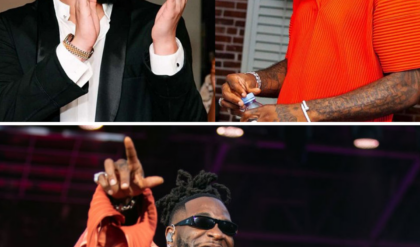Rick Barry: “Anybody that does something flagrant to [Caitlin Clark] for what she’s brought to the game should be suspended and fined.”
NBA legend Rick Barry has voiced strong opinions on the treatment Indiana Fever rookie Caitlin Clark is facing in the WNBA, particularly regarding the number of flagrant fouls she’s endured during the 2024 season—five in total. Notably, four of these fouls were committed by players from the Chicago Sky.
In two of those instances, Clark was hit from behind, leading to her falling hard to the ground. The most controversial incident involved a hit from Chennedy Carter, who shoulder-checked Clark during a game earlier in the season, sparking debate about how physical the play against the rookie has become. Barry’s comments underscore the concern surrounding the way Clark has been targeted on the court.
Rick Barry didn’t hold back when discussing the hard fouls Caitlin Clark has faced, calling for strict punishment for the players responsible. “Anybody that does something flagrant to [Caitlin Clark] for what she’s brought to the game should be suspended and fined,” Barry declared in an interview with *The Players’ Club* podcast. His strong stance highlights the growing concern over Clark’s treatment on the court and the need to protect star players from unnecessary roughness.
Of course, that will be called special treatment. There are rules in the first place, and the WNBA cannot treat another player differently just because of their impact on the league. At the end of the day, it affects the integrity of the game.
However, it’s easy to see where Rick Barry is coming from. Considering the massive popularity that the WNBA has seen since the arrival of Caitlin Clark, it would make sense for the league to protect their most bankable superstar.
To Barry’s point, though, the WNBA needs to do something in order to make sure players don’t purposely target other—not only Clark—just for the sake of hurting them. While basketball is a physical sport, more can be done in order to prevent players from crossing the line from physical play to violence.





